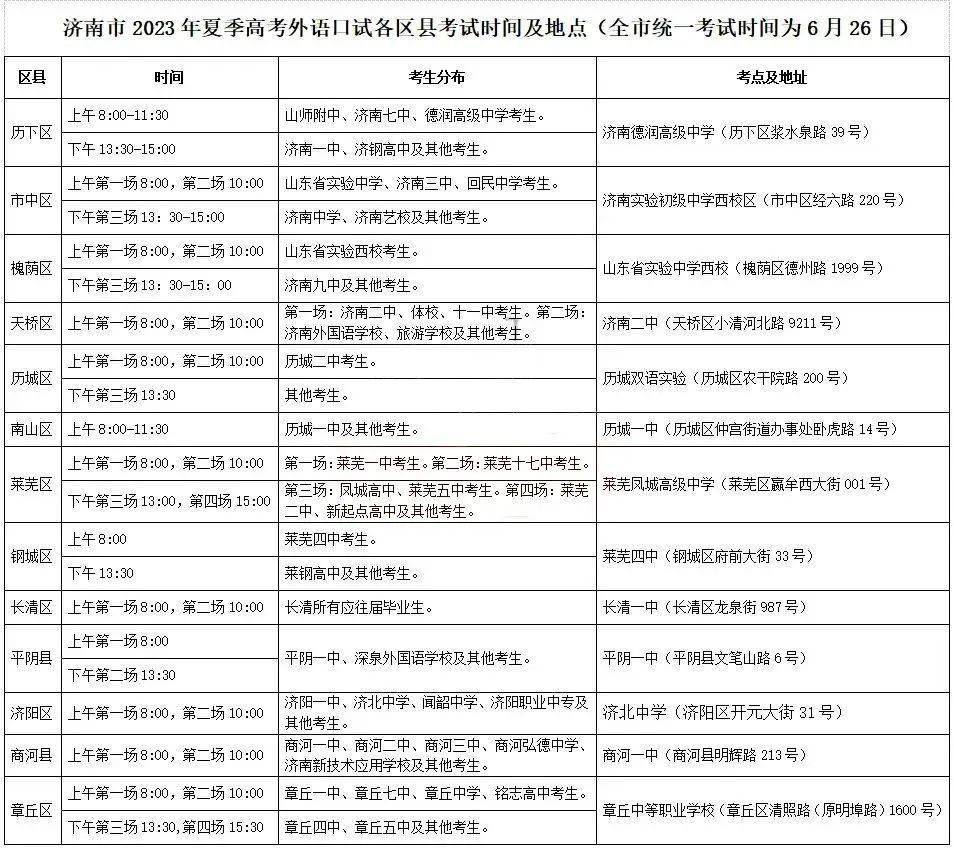【简介】感谢网友“雕龙文库”参与投稿,这里小编给大家分享一些,方便大家学习。
Committing to a weight-loss program can have an unexpected benefit: Your significant other may shed some extra pounds, too, even if they aren't trying. That's what researchers found in a study on the so-called weight-loss ripple effect, published today in the journal Obesity.
致力于减肥计划可能会带来意想不到的收获:你的另一半或许也能减重几斤,即使他们根本就没有减肥的打算。在一项有关所谓的减肥连锁效应研究中,研究员发现了这一点,该研究于今日发表在《肥胖》杂志上。
The study, which was sponsored by Weight Watchers, tracked the progress of 130 married or cohabitating couples for six months. In all of the couples, one partner had a desire to lose weight, and both partners agreed to weigh-ins after three and six months. Half of the partners followed Weight Watchers, while the others received a four-page handout with healthy-eating and exercise tips, and were told to try to lose weight on their own.
该研究由慧俪轻体(Weight Watchers)赞助,在6个月的时间内对130位已婚或同居情侣的减肥情况进行跟进。在所有情侣中,一方有意愿减肥,双方都同意三个月和六个月后各称一次体重。一半的情侣遵循慧俪轻体机构的减肥方法,其余情侣则收到了一份四页纸的健康饮食和锻炼建议,研究员让他们凭自己的努力减肥。
The researchers wanted to see if one approach would work better than the other. As it turns out, they were both effective, and everyone involved lost weight. After three months, those in the Weight Watchers group had lost more weight (about 7.4 pounds versus 4.3 pounds), but by the end of the trial, both groups had lost about 14 pounds.
研究员想了解一种方法是否比另一种方法更好。结果表明,这两种方法都很有效,每个受试者都瘦了。3个月后,慧俪轻体组的情侣减重更多(大约是7.4磅对比4.3磅),但研究最后,两组人员几乎都减掉了14磅。
On average, people whose partners joined Weight Watchers lost about 3.3 pounds in the first three months, and about 4.9 pounds over the full six-month study. Those whose partners were given a self-guided weight-loss approach had lost about 2.1 pounds at the three-month check-in, and 4.2 pounds at six months. Because of the study's margin of error, the difference between the two groups was not statistically significant.
平均而言,起初的三个月内,另一半在慧俪轻体组的受试者大约瘦了3.3磅,6个月的实验结束后,这些人瘦了约4.9磅。另一半用自我指导方法减肥的受试者在起初的三个月内大约瘦了2.1磅,6个月时瘦了4.2磅。由于研究误差,两组间的数据差异无统计意义。
Lead author Amy Gorin, PhD, a professor of psychological sciences at the University of Connecticut, said in a press release that when one person changes their behavior, it's not unusual for the people around them to change, as well. When one partner starts counting calories, weighing themselves regularly, or making healthier food choices, for example, their partners might emulate them.
康涅狄格大学的心理科学教授、首席作者艾米·戈林博士在一次资讯发布会中说道,当一个人改变自己的行为之后,身边的人通常也会做出行为变化。比如,当情侣中的某一方开始计算卡路里摄入量、定期称体重、或者吃更健康的食物时,他们的另一半可能会模仿他们。
Four or five pounds may not seem like a lot. But by the end of the study, about a third of the "untreated" partners in the study had lost more than 3% of their initial body weight, which the experts say has measurable health benefits.
4至5磅好像没什么影响。但研究最后,研究中约三分之一"没有活动的"伴侣几乎减掉了原有体重的3%以上,专家表示这是可测量的健康效益。
Committing to a weight-loss program can have an unexpected benefit: Your significant other may shed some extra pounds, too, even if they aren't trying. That's what researchers found in a study on the so-called weight-loss ripple effect, published today in the journal Obesity.
致力于减肥计划可能会带来意想不到的收获:你的另一半或许也能减重几斤,即使他们根本就没有减肥的打算。在一项有关所谓的减肥连锁效应研究中,研究员发现了这一点,该研究于今日发表在《肥胖》杂志上。
The study, which was sponsored by Weight Watchers, tracked the progress of 130 married or cohabitating couples for six months. In all of the couples, one partner had a desire to lose weight, and both partners agreed to weigh-ins after three and six months. Half of the partners followed Weight Watchers, while the others received a four-page handout with healthy-eating and exercise tips, and were told to try to lose weight on their own.
该研究由慧俪轻体(Weight Watchers)赞助,在6个月的时间内对130位已婚或同居情侣的减肥情况进行跟进。在所有情侣中,一方有意愿减肥,双方都同意三个月和六个月后各称一次体重。一半的情侣遵循慧俪轻体机构的减肥方法,其余情侣则收到了一份四页纸的健康饮食和锻炼建议,研究员让他们凭自己的努力减肥。
The researchers wanted to see if one approach would work better than the other. As it turns out, they were both effective, and everyone involved lost weight. After three months, those in the Weight Watchers group had lost more weight (about 7.4 pounds versus 4.3 pounds), but by the end of the trial, both groups had lost about 14 pounds.
研究员想了解一种方法是否比另一种方法更好。结果表明,这两种方法都很有效,每个受试者都瘦了。3个月后,慧俪轻体组的情侣减重更多(大约是7.4磅对比4.3磅),但研究最后,两组人员几乎都减掉了14磅。
On average, people whose partners joined Weight Watchers lost about 3.3 pounds in the first three months, and about 4.9 pounds over the full six-month study. Those whose partners were given a self-guided weight-loss approach had lost about 2.1 pounds at the three-month check-in, and 4.2 pounds at six months. Because of the study's margin of error, the difference between the two groups was not statistically significant.
平均而言,起初的三个月内,另一半在慧俪轻体组的受试者大约瘦了3.3磅,6个月的实验结束后,这些人瘦了约4.9磅。另一半用自我指导方法减肥的受试者在起初的三个月内大约瘦了2.1磅,6个月时瘦了4.2磅。由于研究误差,两组间的数据差异无统计意义。
Lead author Amy Gorin, PhD, a professor of psychological sciences at the University of Connecticut, said in a press release that when one person changes their behavior, it's not unusual for the people around them to change, as well. When one partner starts counting calories, weighing themselves regularly, or making healthier food choices, for example, their partners might emulate them.
康涅狄格大学的心理科学教授、首席作者艾米·戈林博士在一次资讯发布会中说道,当一个人改变自己的行为之后,身边的人通常也会做出行为变化。比如,当情侣中的某一方开始计算卡路里摄入量、定期称体重、或者吃更健康的食物时,他们的另一半可能会模仿他们。
Four or five pounds may not seem like a lot. But by the end of the study, about a third of the "untreated" partners in the study had lost more than 3% of their initial body weight, which the experts say has measurable health benefits.
4至5磅好像没什么影响。但研究最后,研究中约三分之一"没有活动的"伴侣几乎减掉了原有体重的3%以上,专家表示这是可测量的健康效益。









